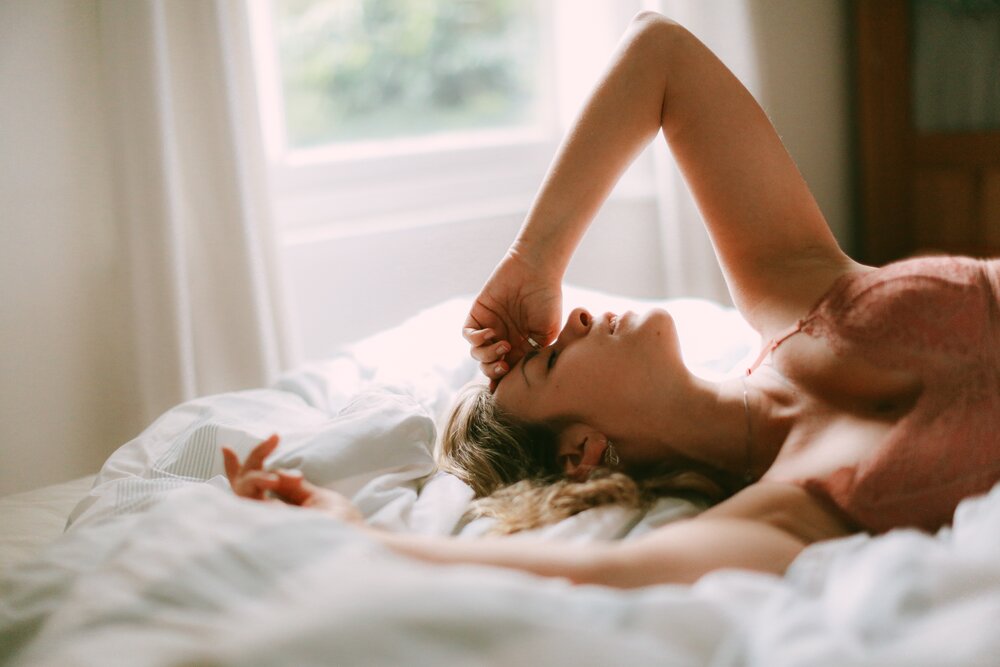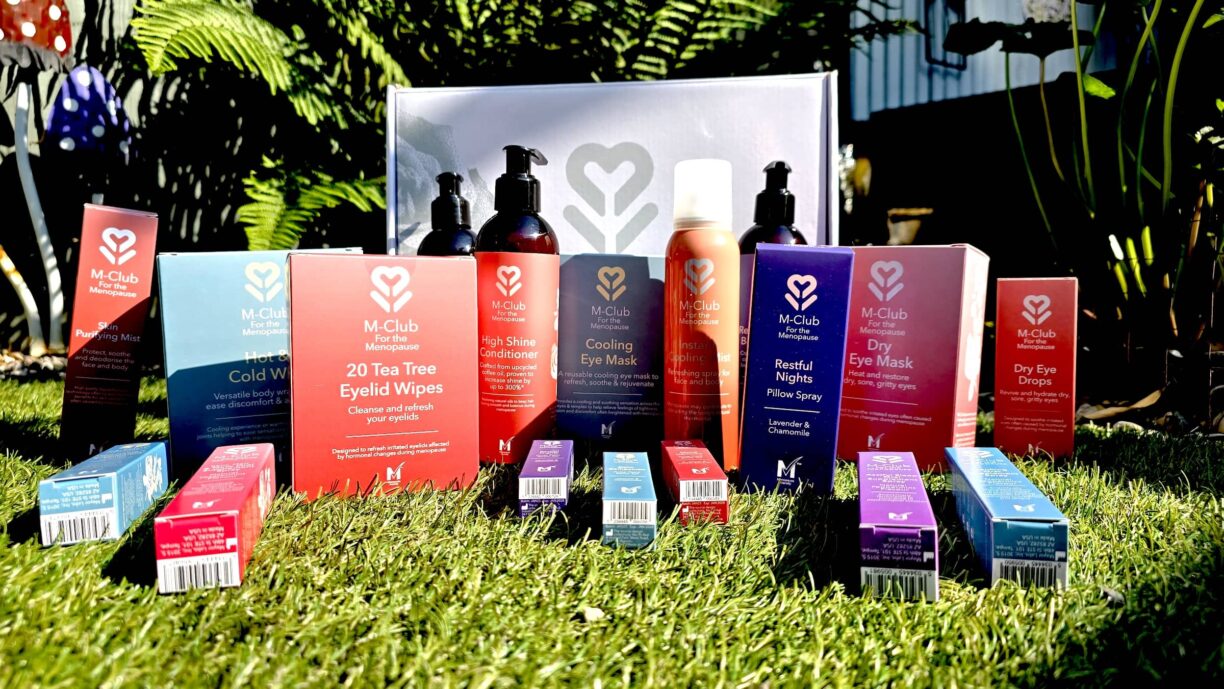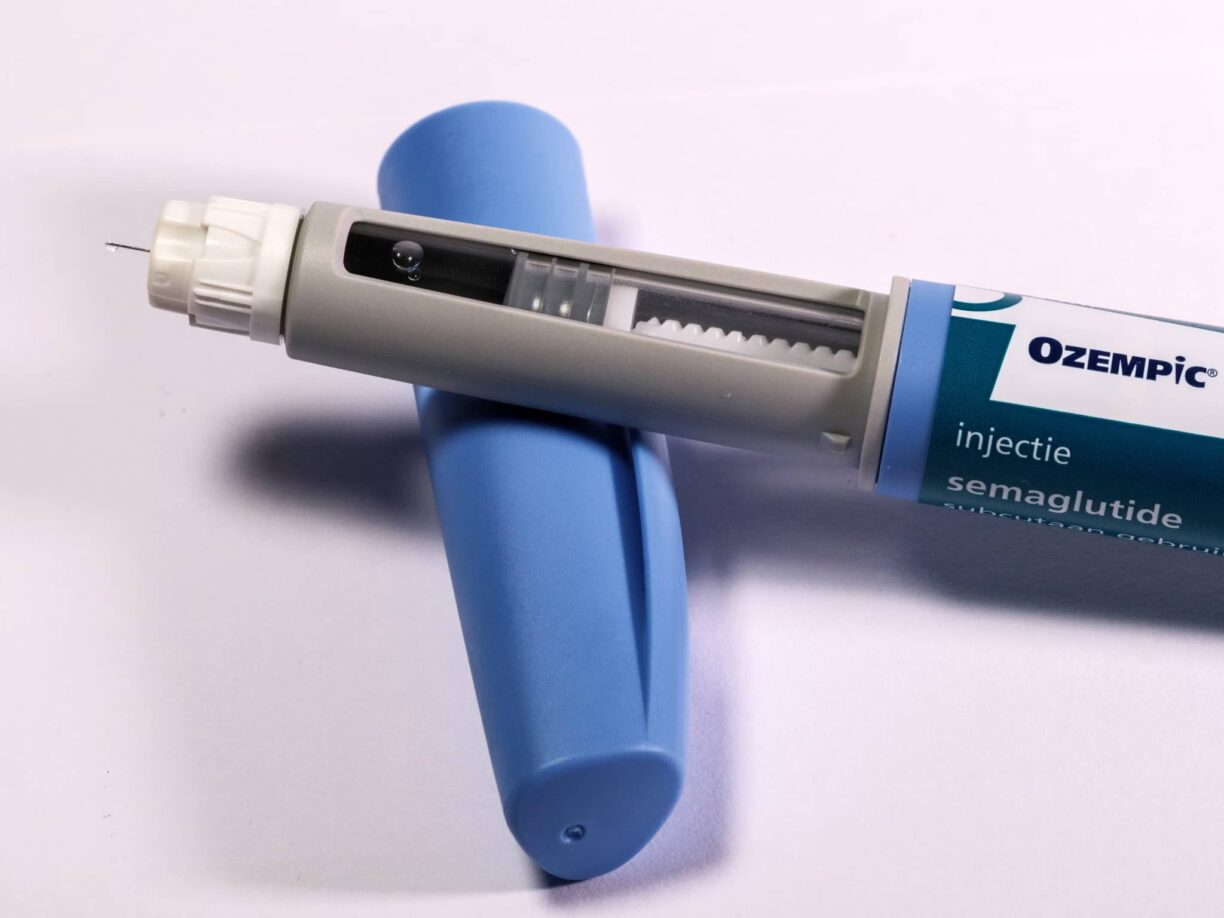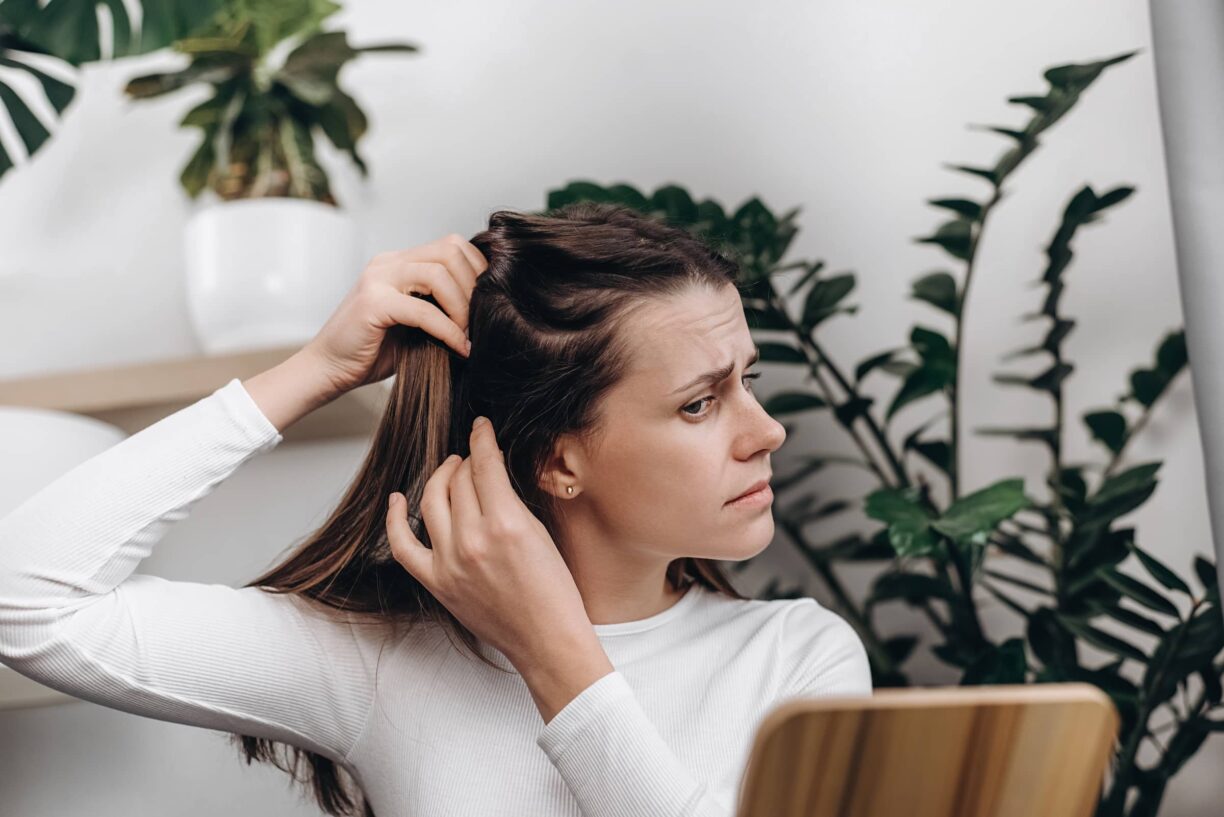More than half the UK population has struggled with sleep during the lockdown, according to a recent study by King’s College London.
Researchers said two in five reported having more vivid dreams than usual. Some people slept for longer than usual, but without feeling rested. The findings are based on online interviews in late May with 2,254 UK residents in the 16-75 age bracket.
Now, leading medical presenter/author, nutritional and creator of the Fast 800, Dr Michael Mosley, shares his advice about how to improve your sleeping habits.
Here are Dr Michael Mosley’s top tips on how to keep your sleep and immune system in good shape from home:
“I’ve been obsessed with sleep for decades and have personally tried almost everything under the sun to help with my insomnia. With COVID-19, it’s more important than ever to get a good night’s rest, because of the link between our sleep and our immunity.
We know that during deep sleep, our body makes a type of protein that targets viral infections and not getting enough shuteye suppresses infection-fighting antibodies.
1. DON’T PANIC ABOUT BROKEN SLEEP
“If you can get a solid eight hours a night, you are either a teenager or you’re remarkable, as most people tend to sleep in broken cycles. For most of us, certainly over the age of 50, or those who have kids, that is an unrealistic expectation. During the Industrial Age people tended to sleep in two chunks.
They would typically go to bed at 9 o’clock at night, and they would wake at 2-3 in the morning. They would socialise, and then go back to sleep again and have a second sleep. The idea that you have to have it in one chunk is a relatively modern invention, so don’t worry if you’re having broken sleep, as in many ways it is completely normal.
It’s usually just stress that is keeping you awake and stressing about getting enough sleep is itself bad for sleep in itself! If you are waking up at 3am, the key is to go back to bed and then have another long sleep. As long as you’re not feeling sleepy during the day that should be fine.”
2. CHECK HOW TIRED YOU REALLY ARE
“The best way to tell if you’re getting enough sleep is see if you fall asleep during the day. My Dad was a banker and he worked for HSBC, and he worked pretty long hours, he ate too many dinners, he was significantly overweight and he used to snore like crazy, so his sleep pattern was pretty terrible.
I was amused by a teenager that he would constantly fall asleep everywhere. He would fall asleep if we went to the cinema, he’d fall asleep in the theatre and I’d have to nudge him, and he’d fall asleep at the dinner table.
And then I found myself doing the same thing when I hit my fifties! I found myself at a party a few years ago where my wife said I was literally asleep on the sofa with my wife trying to talk to me!
One of the ways you can tell if you are getting enough sleep is if you go to bed in the afternoon, if you just lie in bed and set your alarm for 15 minutes and you close your eyes – and the question is, do you fall asleep before or after the alarm goes off? If you do, then that’s a sign that you are not getting enough sleep. If you fall asleep within 10 minutes then you are probably seriously sleep deprived.
Within 15 minutes, not good, within 20 minutes that’s fine. There’s also the spoon test, which was invented in the 1960s, also known as the “Sleep Onset Latency Test”. You need a watch and a metal spoon and a metal tray. You check the time, and then shut your eyes, and hold the spoon over a tray on the floor.
When you fall asleep, the spoon should hit the tray. I tried this test on some office workers, and three out of 10 who fell asleep nodded off in around 10 minutes. That’s not surprising because 40% of the population say they regularly get less than six hours a night – and that’s not enough sleep?”
3. STICK TO A SLEEP WINDOW
“Sleep should be a habit and a massive part of that is your wake-up, and go-to-bed routine. That’s called your sleep window. I go to bed at 11pm and wake up at 7am and I aim to do that every day of the week.
Forget the weekend lie in or staying up late on a Friday. Sticking to a sleep window keeps your body’s urge to sleep consistent and that results in better sleep efficiency, which is the proportion of time you spend asleep in bed rather than lying awake or tossing about.”
4. CUT THE CLUTTER
“Your bedroom is for sleep and for sex – nothing else. If you have a TV in your bedroom, get rid of it. And don’t take your mobile to bed or you’ll be tempted to use it. It’s not an issue of the blue light keeping you up, it’s that you excite your brain, so avoid these activities in the hour leading up to bedtime.”
5. PUT THE BISCUIT DOWN
“I did an experiment on myself that showed two nights of sleep deprivation alters my hunger hormones, leaving me ravenous, as well as causing an escalation of stress hormone, cortisol. As a result, my blood-sugar levels soar into the diabetic range. Poor sleep, then, leads directly to overeating, weight gain and increases your risk of type 2 diabetes.
So put the biscuit down and cut out sugary foods at night. If you’re sleeping better, you’ll notice your cravings for these foods will also subside. Instead, focus on eating the Mediterranean way.
A traditional Mediterranean diet is rich in oily fish, veg, legumes and olive oil and little in the way of sugary snacks. Eating this way will help improve both your mood and your weight, something we will all need to consider as we become increasing sedentary during self-isolation.
The Mediterranean diet is low in sugar, but rich in healthy fats such as salmon, mackerel and nuts. Eating fruits and vegetables, as well as full fat yoghurt and the occasional glass of wine in the evening is also encouraged. For plenty of healthy recipe inspiration, visit the Fast 800 website. You should stop eating altogether at least three hours before bed. Experts think this helps us keep our body temperatures down. As we get to our bedtimes, our body temperature starts to drop which helps trigger sleep.
When a late-night snack hits your stomach, your body starts breaking it down and absorbing it. This increases gut activity and your core temperature will stay high, so don’t bother with the pre-bed hot chocolate or glass of milk. These are common myths.”
6. EXERCISE EARLY
“Resistance exercise helps with sleep quality and also improves anxiety and depression, which will in turn help you sleep better. I like to exercise first thing in the morning and it’s worth getting straight out into the early morning light.
I have shared some energising HIIT exercises on the Fast 800 website. Your sleep clock is reset every day by bright morning light, which tells your body that the day has begun.”
7. SUB OUT SUPPLEMENTS
“Over-the counter supplements don’t really help with your sleep long term. Some small studies show magnesium could help elderly people sleep faster, but you’d be better off eating magnesium-rich foods like avocados, leafy greens and nuts. Valerian, sometimes taken as a tea, has no long-term studies to back its use and there’s limited evidence for essential oils like lavender, but if it makes you focus on the lovely scent rather than your worries, go for it!”
8. TIPS FOR SHIFT WORKERS
“Shift work is a major part of modern industry, and it has a brutal effect on minds, bodies and relationships. In relationships where are shift workers, they’re 10 times more likely to get divorced.
My son is a doctor and he’s doing nights – so it’s hard! I write a lot about shift workers and I talk to a lot of companies now about sleep – mining companies, the power industry etc. – and their employees get no advice at al
l about how to cope with shift work, which I find surprising. If employees are putting people on rota, I would advise that it goes in order rather than randomly, i.e. they start on days, then move to nights and then afternoons.
They should play to their strengths as owls and larks – some peoples are happy to be up until 3 in the morning and some people are deeply unhappy to be up at that hour! Also a lot of shift workers sometimes eat on-the-go junk food in the night to keep them going, but if you give them access to healthier food that would be very helpful.
My son says that in the hospital, there’s nothing but junk food at night, only vending machines, and so he brings healthy food and also tries to do time restricted eating when he is doing night work – so he has his last meal at midnight, and then doesn’t eat again until 7am in the morning.
There’s a big study in Australia looking at the impact of intermittent fasting on shift workers’ sleep but also on heart disease – because we know that shift workers such as policemen have a higher rate of sleep apnoea, snoring and heart disease.
Certainly in the US, heart disease kills more police officers and fire officers, than criminals or fire officers do. So anyone that’s a shift worker, they really need to prioritise their sleep.”
The Fast 800 is an innovative approach to healthy living and weight loss based on the latest scientific research such as these studies. The Fast 800 online programme (www.thefast800.com) has been developed in conjunction with Dr. Michael Mosley for those that need more support and guidance for achieving long lasting health, incorporating the 5:2 diet, intermittent fasting and a lower-carb med style diet.
It offers you 24/7 professional advice and support, and also features tailored recipes, menus, shopping lists, a library of mindfulness and HITT exercise programmes. This tailored programme lasts 12 weeks.





